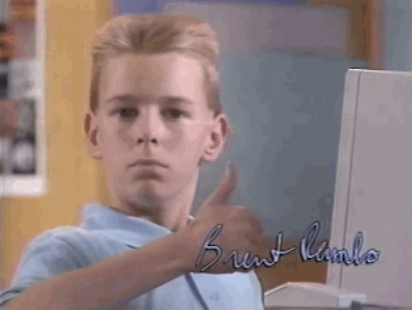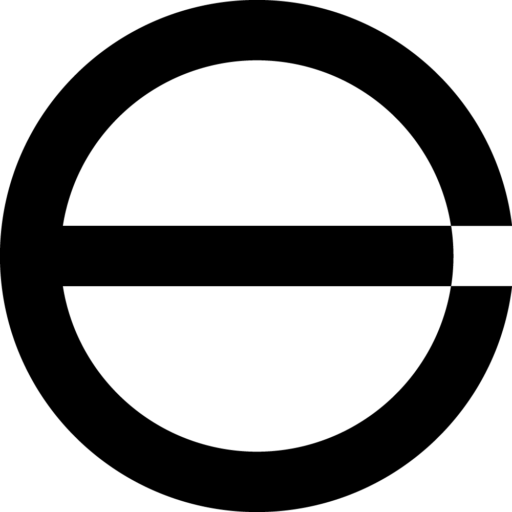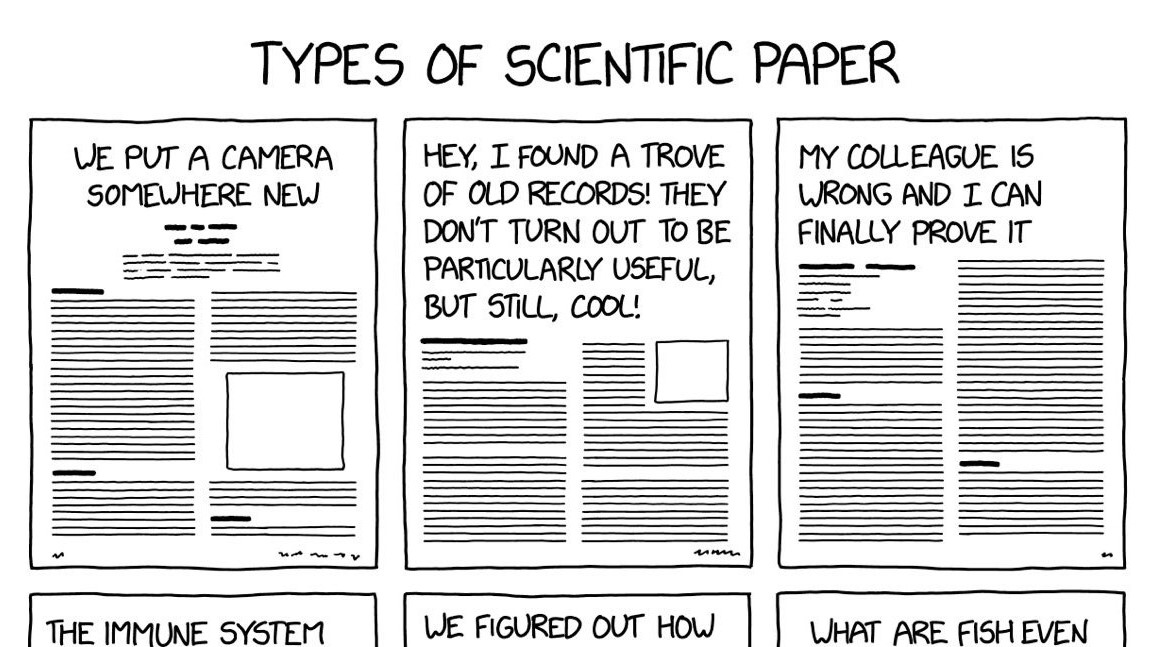To receive a free full-text email of The Zeitgeist whenever we publish to the website, please sign up here. You’ll get two or three of these emails every week, and your email will not be shared with anyone. Ever.

If there is one defining feature of high attention Narrative structures, it is the crowding out of off-narrative topics and language. Since mid-March, financial media has been all-coronavirus, all-the-time. That is, with the exception of the occasional diversion into the nightmarish adjacent world of oil and gas.
In the last week or so, however, we have observed a surge in “how the world will be different” language across financial media. We have observed that language in pieces nominally about other things, like earnings, guidance or the fortunes of various industries. We have also observed that language in pieces dedicated to the idea that how we consume X will be changed forever.
Here is one that rose to the top of our Zeitgeist run this morning.
CEOs Changing The Way We Invest, Trade, And Manage Our Money During COV-19 [Forbes]
It’s a stretch to say that this piece is really about anything. It is a laundry list of companies, buzz words and CEOs that straddles that line between news, analysis and advertisement that Forbes Contributor content is all about. SEO-bait.
Now, it isn’t a new idea that the COVID-19 pandemic will “change everything about the way we do business forever”. Zoom, Amazon, Netflix and Softbank have been trading on changing sentiment about this idea for weeks. What IS new is that the language is now so ubiquitous in marketing, advertising, puff pieces, corporate statements and actual news that it is creating connections – at least on some slow virus / shutdown news days – that are as strong as the core narratives of COVID-19’s impact on the market itself. It is now Common Knowledge that every company must tell a story about how it will actually emerge stronger from COVID-19 than it was before.
In short, it is becoming a Cartoon.
‘Cartoon’ doesn’t mean that the underlying thing being caricatured is fake or unimportant. Quite to the contrary, most cartoons are built around really emotionally charged truths. And that old canard about companies being purpose-built for the future that technology will bring us? That’s a powerful cartoon because it IS often the most important thing that some companies have to demonstrate to the market or customers, even if it’s a bit silly on its face.
Just as often, however, that same cartoon becomes the sine qua non for all companies and institutions, even those whose businesses are probably just fine the way they are. Or companies who should be thinking more expansively about how this could be an opportunity to transform things about their business that haven’t been working correctly. Or companies who should be thinking about much more important and vastly more difficult to predict second- and third-order effects of an event like this – not “does all this online services utilization during the coronavirus pandemic mean it’s the right time to make our big push into low margin robo-advisory services?”
Remember, it was last year that the institutions who will tell us that their vast experience delivering a premium online experience for a post COVID-19 world were telling us that the future was in personal, physical cafe environments in their brick-and-mortar bank branches. When something becomes a cartoon, it changes how people make decisions in the real world to fit the cartoon.
We are now in the Flooz.com phase of the “how is COVID-19 going to change the world forever” process. Be careful out there.




Ok so I rose to the bait. Looked up Flooz.com and see that it’s for sale for a very reasonable price, I’m sure. As far as the expert who wrote this piece, let’s dig a little deeper. I googled “Catmull Consulting” and found no website or any existence of an entity under that name. Here’s a good description of her body of work. https://www.peekyou.com/jaime_catmull/365379834. Jaime worked at Consumer Track, Inc. as a Strategic Partnership Manager, per Spokeo. Without getting too ad-Hominem, it looks like she’s an expert because she’s an expert, the #ParisHilton of business writers. She could have been a tummler in the Catskills or a modern day Billy Bigelow. Hussman, Grant Williams, Raoul Pal, Steph Pomboy et. al. need not be worried. This piece belonged in a tabloid, or that what Forbes has descended to?
A shocking amount of the Forbes Contibutor stuff is like this. So bizarre.
I literally just — not a minute before reading your note was reading an email from my manager about how now, more than ever , we needed to get our clients enrolled for online access to their accounts. Because, after all, in the most volatile period of at least the last decade it’s important for long term investors to know how their account(s) are doing moment to moment (with a 20 min delay).
I remember an old relic named Lew Smith that used to work for Dean Witter, he used to say…”What everyone knows ain’t worth knowing” I always thought that was a great quote and for first level thinking it’s absolutely true. But ET has taught me, it is very useful to know what the common knowledge is and what new common knowledge is being spun.
Keep up the fantastic work!
LP
How else will we convince ourselves that everything’s okay if we aren’t telling ourselves that everything’s okay?
It’s all good man, don’t worry.
@Theodore Baldau. Your comment reminds me of my Australian friends, who have a dozen ways to say ‘don’t worry about it’. She’ll be alright, mate.
If this means we won’t hear any more about ESG then maybe it will be worth it